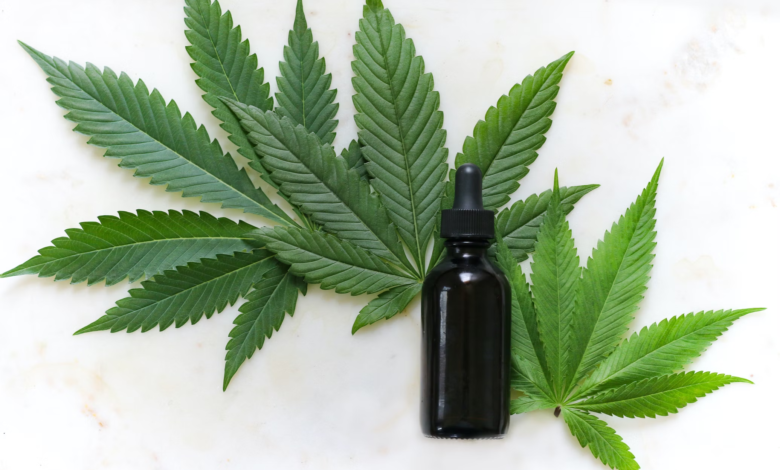Understanding the Duration: How Long Does Delta 9 THC Linger in the Human Body?

Delta 9 Tetrahydrocannabinol (THC), the principal psychoactive component in cannabis, has intrigued both users and researchers regarding its persistence in the human body. This article delves into the dynamics of Delta 9 THC’s stay within the system, exploring factors that influence its duration and implications for users.
1. The Journey of Delta 9 THC in the Body
Absorption and Metabolism
- Inhalation vs. Ingestion: Delta 9 THC is absorbed differently based on consumption methods. Inhalation results in quicker absorption into the bloodstream, whereas ingestion leads to a slower, more prolonged absorption process.You can buy Delta 9 products from here https://trehouse.com/collections/delta-9/.
- Metabolism in the Liver: Once in the body, Delta 9 THC is metabolized in the liver, breaking down into metabolites, including the notable 11-hydroxy-THC and THC-COOH.
2. Detection Timelines in the Body

How Long Can It Be Detected?
- Bloodstream: Delta 9 THC can be detected in the blood for up to 36 hours post-consumption, though it can vary based on usage patterns.
- Urine Tests: THC metabolites can be detectable in urine for several days to weeks after consumption, with heavier, more frequent use leading to longer detection times.
- Hair Follicle Tests: THC can be detected in hair follicles for up to 90 days or longer, reflecting usage over a more extended period.
3. Factors Influencing THC Retention
Individual Variability
- Metabolic Rate: Individuals with a faster metabolism may process and eliminate THC more quickly than those with a slower metabolic rate.
- Body Fat Percentage: Since THC is lipophilic and stores in fat cells, individuals with higher body fat percentages might retain THC for longer periods.
- Frequency and Quantity of Use: Regular users tend to accumulate THC in the body, leading to longer retention times compared to occasional users.
4. The Half-Life of Delta 9 THC
Understanding Its Persistence
- Half-Life Concept: The half-life of a substance is the time it takes for its concentration to reduce to half in the body. For Delta 9 THC, this can range from a few hours to days, influenced by the above factors.
5. Implications of THC Retention
Considerations for Users
- Drug Testing Concerns: Understanding how long THC stays in the system is crucial for individuals who may undergo drug testing for employment or other reasons.
- Cognitive and Physical Effects: While the psychoactive effects of THC may wear off within hours, residual effects on cognition and coordination may persist, affecting activities like driving.
6. Myths vs. Facts
Debunking Misconceptions
- Water and Detoxification Myths: Contrary to popular belief, excessive water intake or certain “detoxification” methods do not significantly hasten the elimination of THC from the body.
Conclusion
Delta 9 THC’s stay in the human body is subject to a complex interplay of factors including consumption method, individual metabolism, frequency of use, and body composition. Understanding these aspects is essential for both responsible use and navigating situations like drug testing. As research continues, further insights into THC’s behavior within the body will emerge, contributing to our comprehensive understanding of this multifaceted compound.



